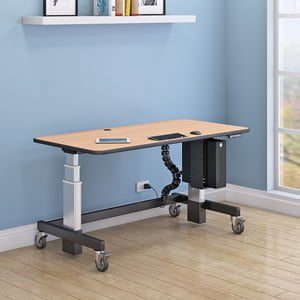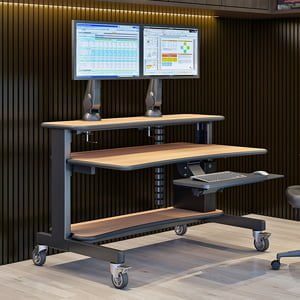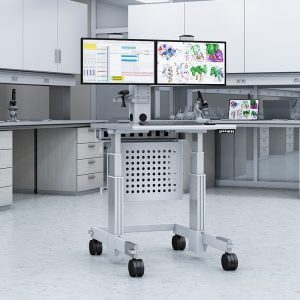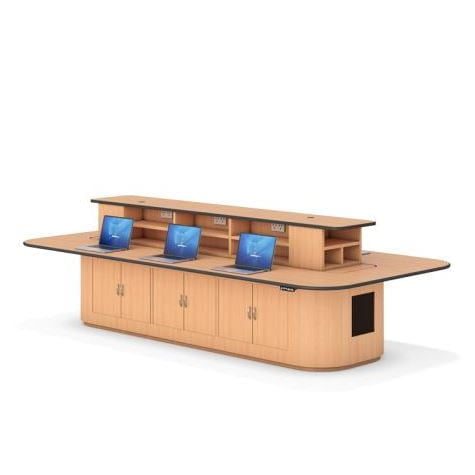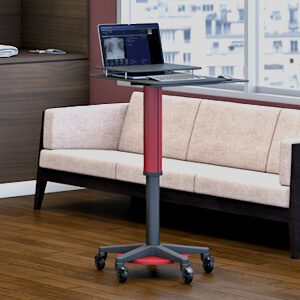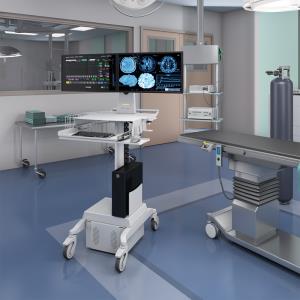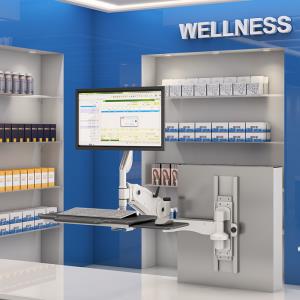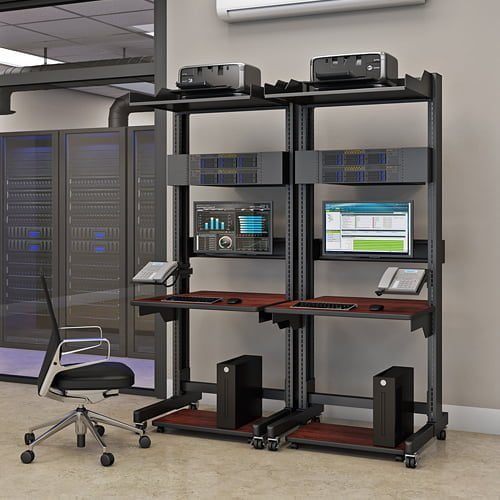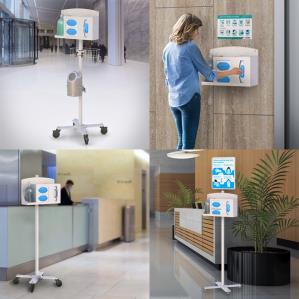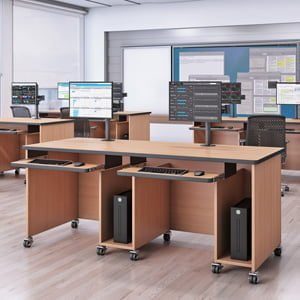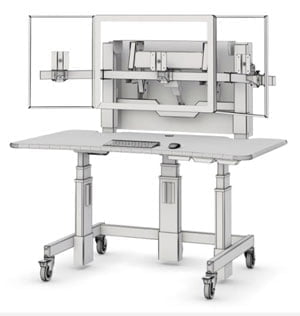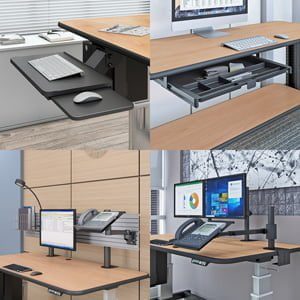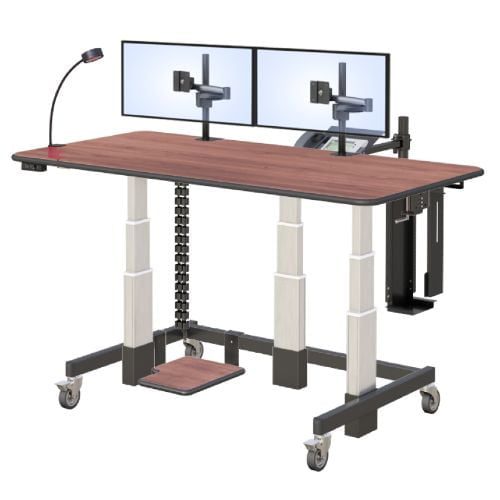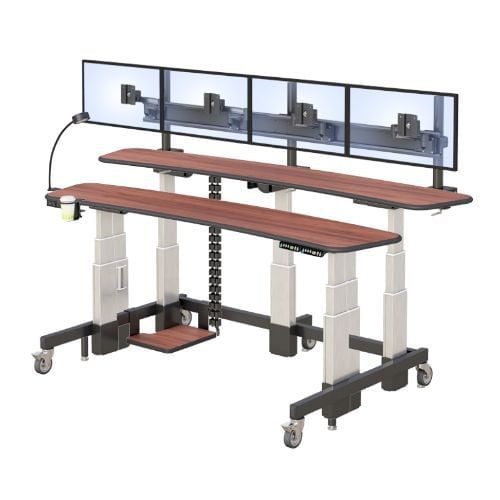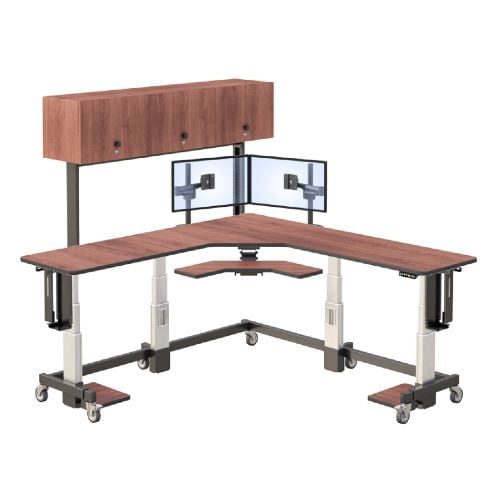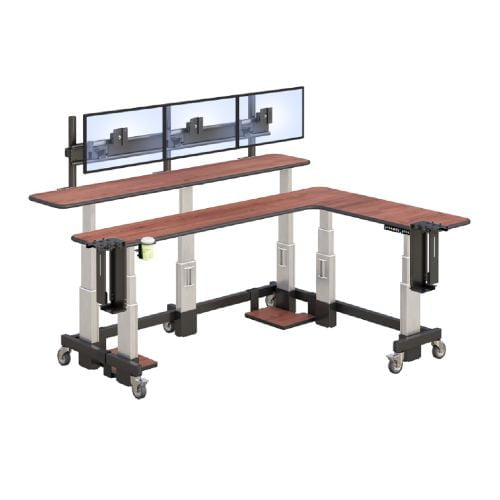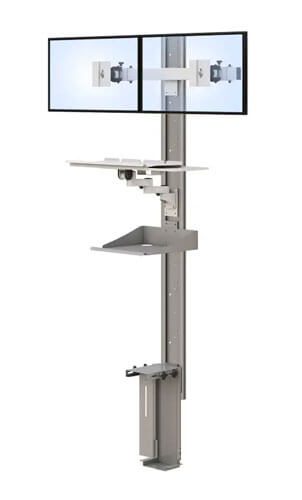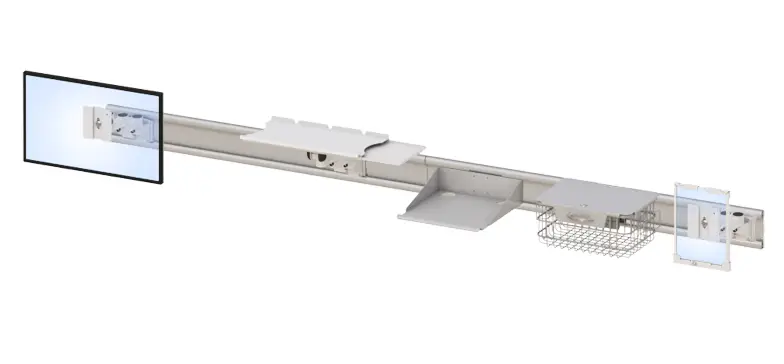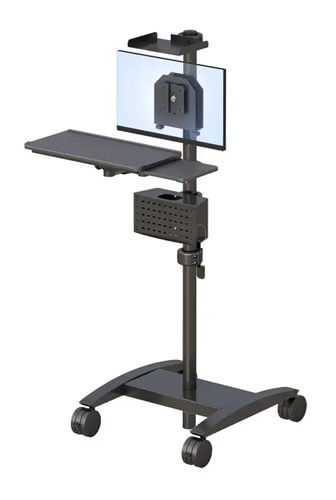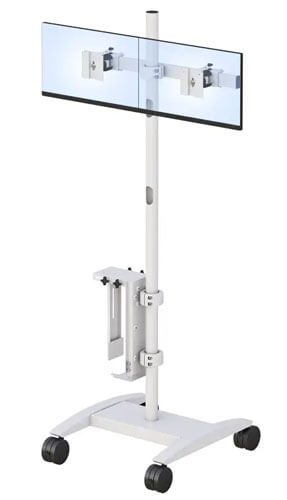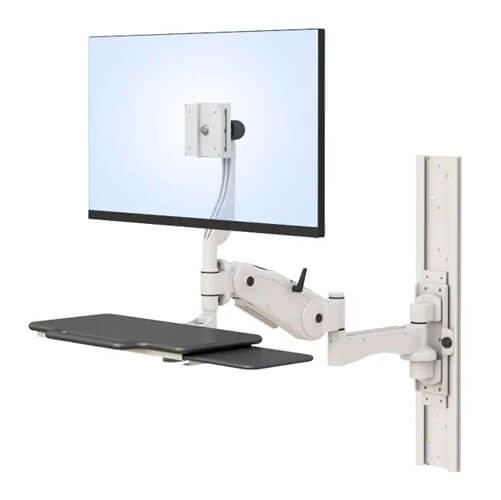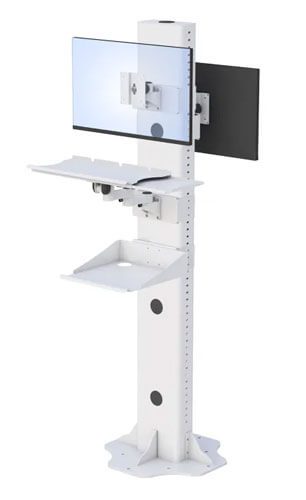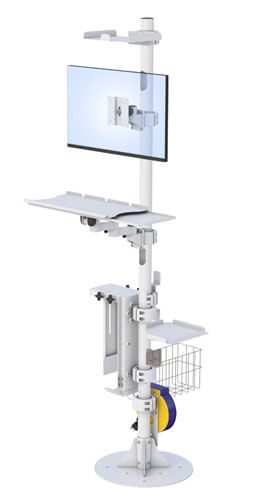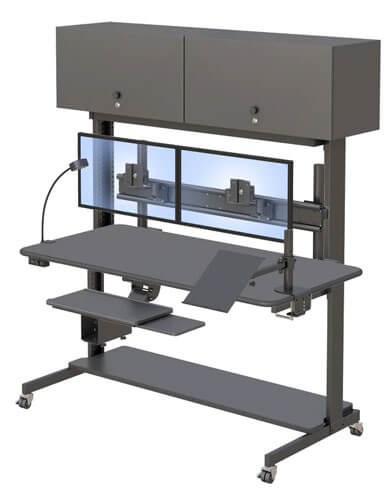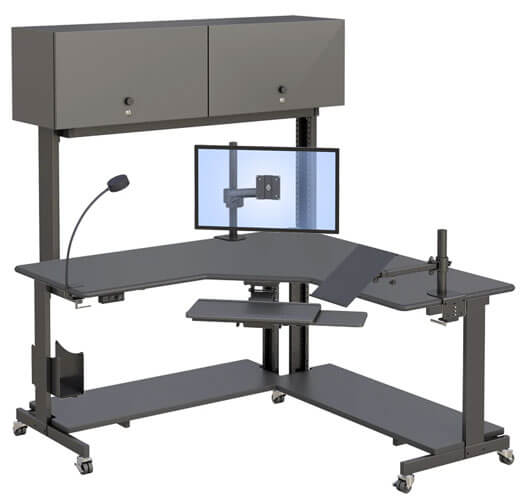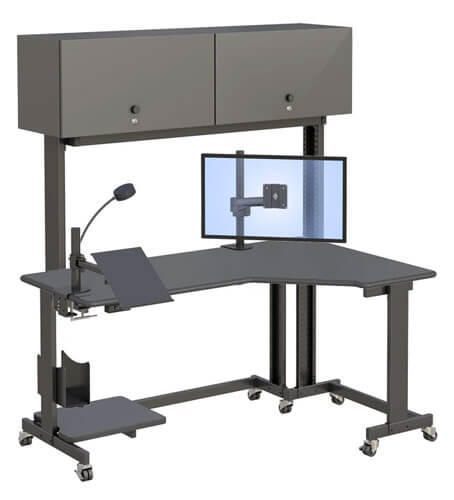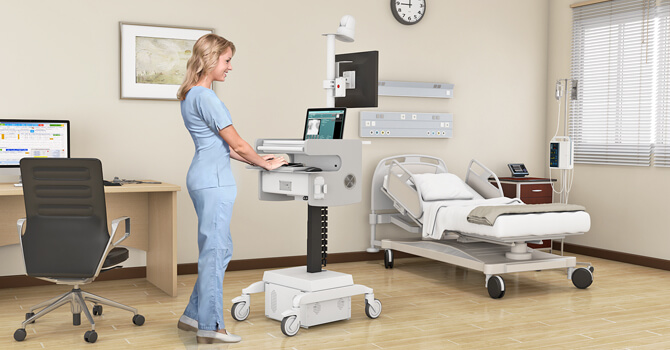Why do healthcare professionals insist on using mobile medical point-of-care carts within the medical departments?
Healthcare professionals often use mobile medical point-of-care carts for several reasons, as these carts offer numerous advantages in a medical setting:
Accessibility and Mobility:
Mobile carts allow healthcare professionals to bring critical medical equipment, electronic health records (EHRs), and other essential tools directly to the patient’s bedside. This enhances accessibility and ensures that healthcare providers can easily access necessary information and resources without being tied to a stationary workstation.
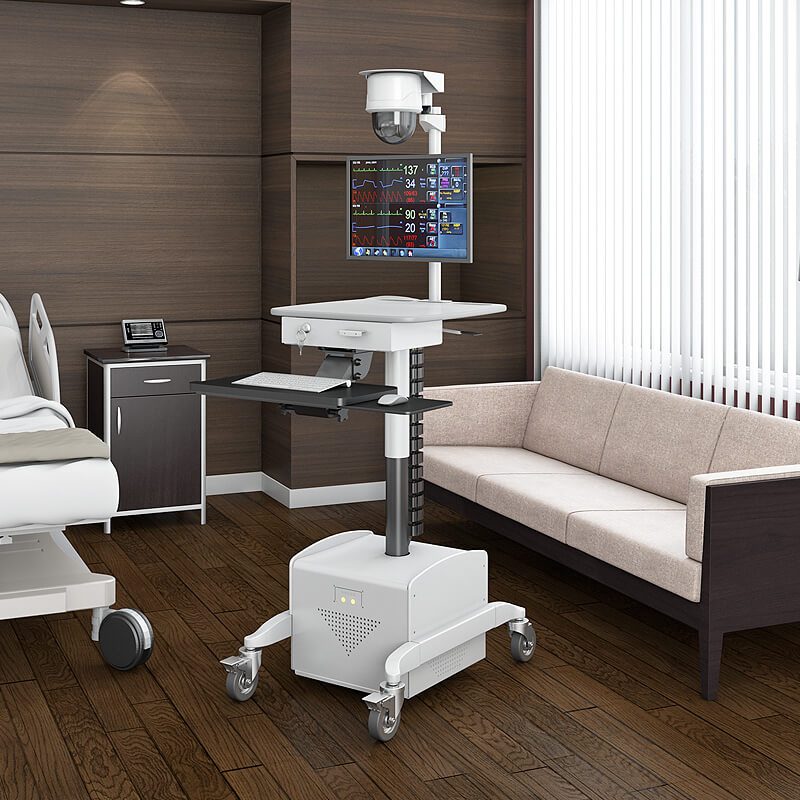 Efficiency and Workflow Improvement:
Efficiency and Workflow Improvement:
Mobile carts contribute to workflow efficiency by reducing the need for professionals to move back and forth between patient rooms and fixed workstations. This streamlines processes, saves time, and allows for more immediate patient care.
Real-time Data Access:
With mobile carts, healthcare professionals can access patient records, test results, and other critical data in real-time. This enables them to make informed decisions quickly, enhancing patient care and safety.
Point-of-Care Documentation:
Mobile carts facilitate documentation at the point of care, reducing the chances of errors and ensuring that information is recorded accurately and promptly. This can contribute to better continuity of care and more effective communication among healthcare providers.
Patient Engagement:
Mobile carts can be used to share information with patients, displaying test results, treatment plans, and educational materials directly at the bedside. This can improve patient engagement and understanding of their healthcare.
Integration with Technology:
Mobile carts often integrate with various technologies, including barcode scanners, RFID (Radio-Frequency Identification) technology, and other tools, making it easier to manage medications, track inventory, and ensure patient safety.
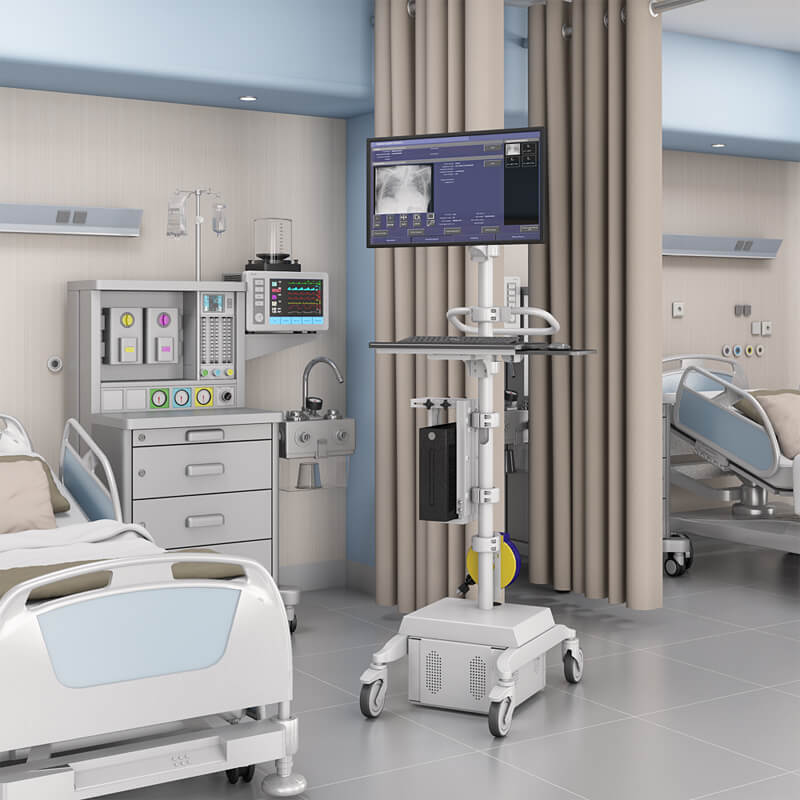 Flexibility in Configurations:
Flexibility in Configurations:
These carts are designed to accommodate various medical devices, monitors, and other equipment. Healthcare professionals can customize the cart based on their specific needs and the requirements of different patient cases.
Infection Control:
Mobile carts can be designed with materials that are easy to clean and disinfect, contributing to infection control measures. This is crucial in healthcare settings to prevent the spread of infections.
Adaptability to Changing Healthcare Environments:
Mobile carts are versatile and can adapt to changing healthcare environments. As medical departments evolve and adopt new technologies, these carts can be updated and modified to accommodate emerging needs.
In summary, the use of mobile medical point-of-care carts enhances efficiency, accessibility, and the overall quality of patient care by providing healthcare professionals with the tools and information they need at the point of care.
Call us at: +1 (800) 663-3412 or E-mail us directly at: afcsales@afcindustries.com

